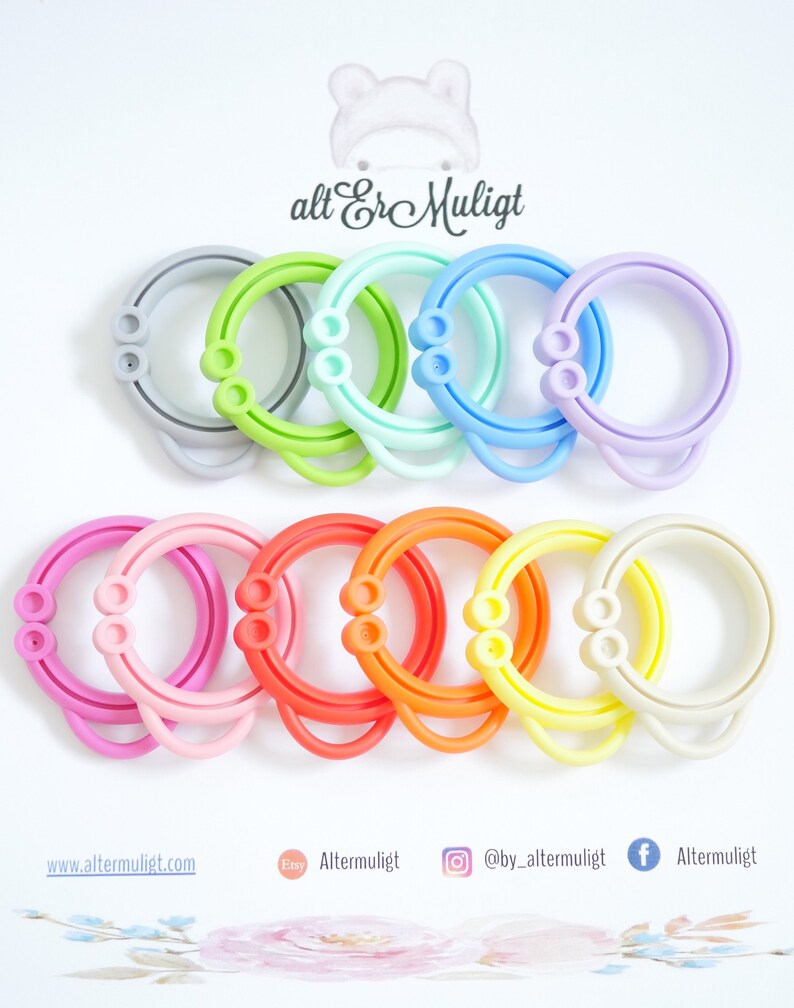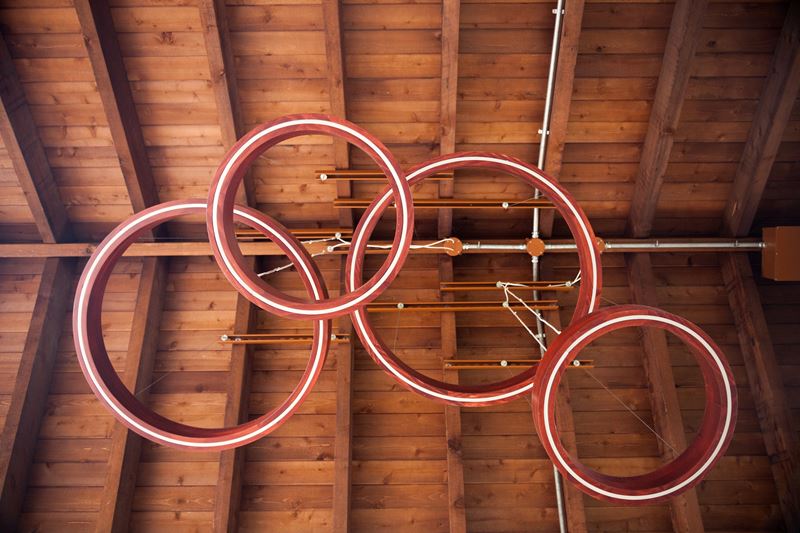



“A few years ago, I spoke with Fitbit’s lead sleep scientist, Conor Heneghan, and he told me the most challenging thing was getting people to wear it at night,” says Khosla. Seema Khosla, the medical director at North Dakota’s Center for Sleep, says that because it’s a ring, the product is far more likely to be used consistently than trackers worn on the wrist. Still, the experts did agree that for those who subscribe to the type of data-driven lifestyle that such health-tracking devices support, the Oura - the only expert-vetted, ring-shaped tracker on the market - represents one of the most impressive, least-intrusive health trackers in terms of its design.
#Loopy aura ring free
But even though the data the ring provides are actionable, most of our experts say the device wouldn’t be more helpful in identifying cases of the often symptomless COVID-19 - or even provide better insights about how you sleep than you can get from free apps or common sense. They say the most helpful thing about the Oura ring is that it can provide your doctors with far more details about your recent health than they would normally access during a visit, which can, in turn, help better determine if that high heart rate they’ve just measured is due to a new condition, the anxiety that comes with living through a historic pandemic, or your rushing to get to the appointment. Their feedback was surprisingly consistent. To find out, we consulted seven experts, including infectious-disease doctors, sleep scientists, tech journalists, and Oura users. Which got us wondering: Is this thing really any better than other health trackers on the market, and does it do any more than, say, a thermometer or pulse oximeter would to help you self-monitor for possible symptoms of the disease? But once the league said it would provide Oura rings to all its athletes (who are not required to wear them, though), interest exploded in the gadget as a potential way to detect symptoms of COVID-19. Before the league’s announcement, the pricey, futuristic ring seemed little more than the latest accessory for folks you’d expect to traffic in pricey, futuristic rings - billionaires, royalty, longevity doctors, tech CEOs. It’s not a mask or a face shield but a “smart ring” from Oura, a Finnish company that debuted the gadget in 2018 as a way for people to track their vital signs (including heart rate, respiratory rate, and temperature) and sleep patterns. When the NBA announced its plans last month for safely resuming league play, the new guidelines noted that athletes would receive a new piece of gear ahead of their return to the court.


 0 kommentar(er)
0 kommentar(er)
